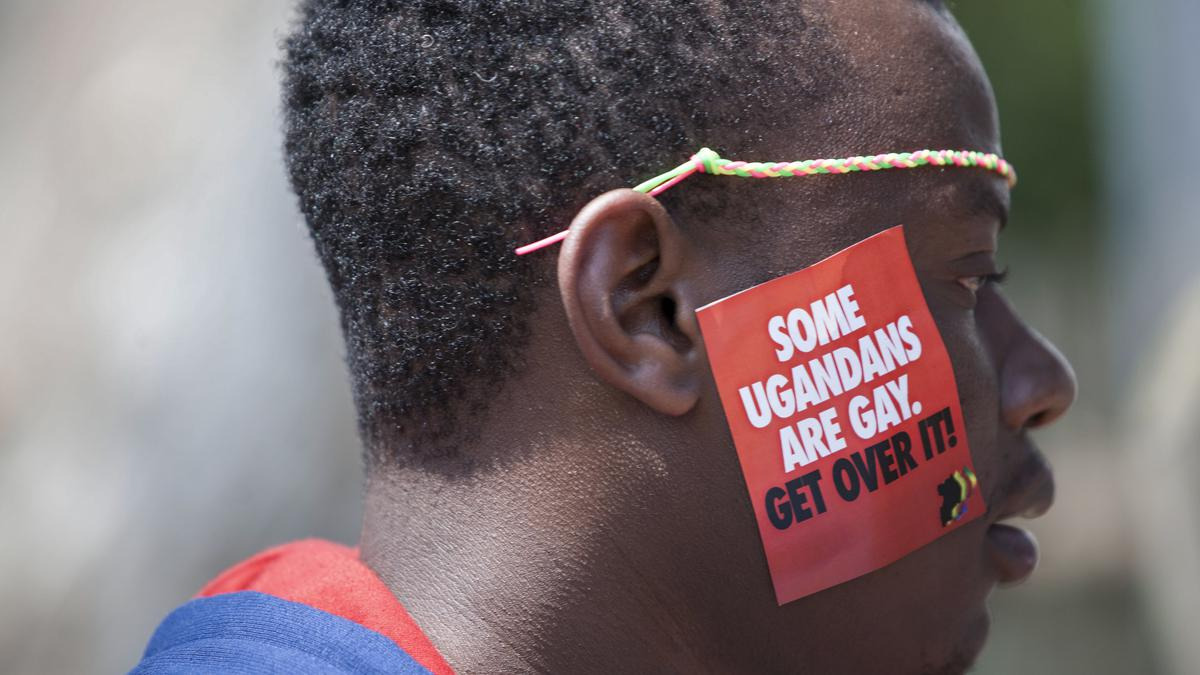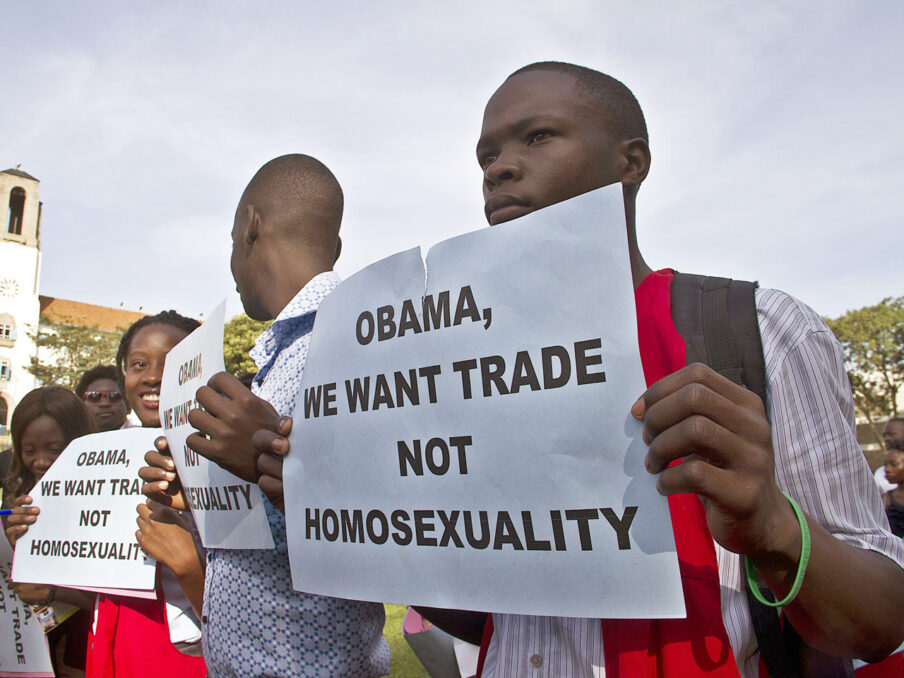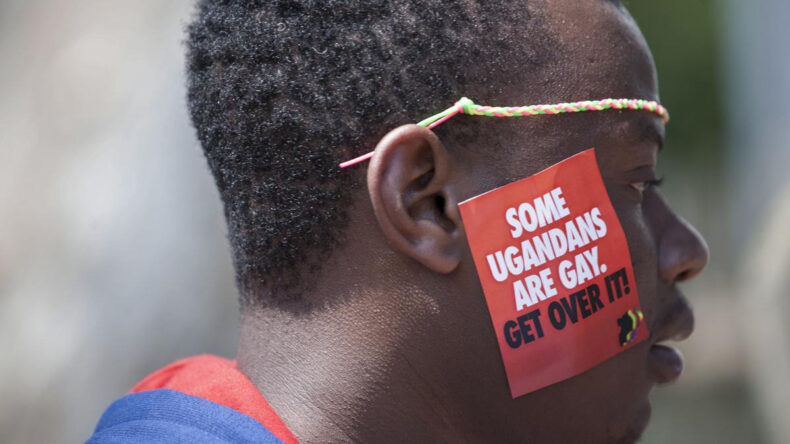Death Sentence, International Backlash, MNC Condemnation

Ugandan President Yoweri Museveni, despite the widespread outcry and the possibility of financial sanctions, Museveni signed one of the strictest anti-LGBTQ laws in the world on Monday.
Same-sex relationships have been outlawed in more than 30 African nations, including Uganda, but the new law targets explicitly lesbian, gay, bisexual, transgender, and queer persons.
Table of Contents
Death Penalty “Anti-LGBT” Law
The Anti-Homosexuality Act stipulates a 20-year sentence for “promoting” homosexuality as well as the death penalty for so-called “aggravated homosexuality,” which includes engaging in gay intercourse when HIV-positive.
Anita Among, the parliament speaker, was the first to tweet about Museveni’s signature of the legislation.
Museveni’s spokesperson Faruk Kirunda told Reuters: “If the speaker has announced, then that’s true he has signed.”
Authorities have recognised that penalties could be imposed on the central-east African Nation because of the legislation, which receives annual foreign aid worth billions of dollars.
International Backlash
Western governments cut back on security cooperation, froze pivotal funds, and implemented visa restrictions when Museveni passed a less stringent anti-LGBTQ bill in 2014.

A domestic court quickly overturned the legislation on procedural grounds. The bill also faced severe international backlash, thus sparking tensions between Uganda and the West.
The U.S. government announced last month that it was examining how the new legislation would affect activities in Uganda under its most significant HIV/AIDS initiative.
The legislation was also denounced by the European Union, the United Nations, and other multinational businesses.
Legislators have been urged by President Museveni and other political figures to stand up to foreign pressure.
In her statement, parliament speaker Among thanked her colleagues from the Parliament for bearing with the growing duress applied by the “bullies and doomsday conspiracy theorists”, for the sake of Ugandan interests.
LGBT Community in Uganda
The LGBTQ community in Uganda experienced terror following the bill’s passage in March. Many people deleted their social media accounts and left their homes in pursuit of safe havens. While many other individuals are looking to flee Uganda entirely.
Yoweri Museveni, the president of Uganda, has legalised state-sponsored homophobia and transphobia, according to Ugandan rights campaigner Clare Byaruguba. Byaruguba also said that the present moment is a dark and sad day for the LGBTIQ community, its allies, and all of Uganda.
Activists have vowed to sue to overturn the law.
Museveni, a vocal opponent of LGBTQ rights, ordered the original bill, which had been passed by parliament in March, to be sent back to the parliamentarians with a request that they modify a few clauses.
The amended law was approved by parliament on May 2 with slight modifications made to the original legislation.
The revised version clarified that it is not illegal to simply identify as LGBTQ and changed a provision requiring people to disclose homosexual activities to restrict reporting when a minor is involved.
A group of multinational corporations, including Google, condemned the law and warned that it would put businesses with operations in Uganda in a difficult situation and harm the economy of the nation.
Since the initial bill was passed in March, legislators in Tanzania and Kenya, which are neighbours, have advocated for similar regulations in their nations.
The LGBT community in Uganda has had a complicated path throughout its history. Diverse sexual orientations and gender identities were known and respected in several Ugandan cultures before colonial authority. But restrictive anti-homosexuality laws were enacted after British colonial rule in the late 19th century.













